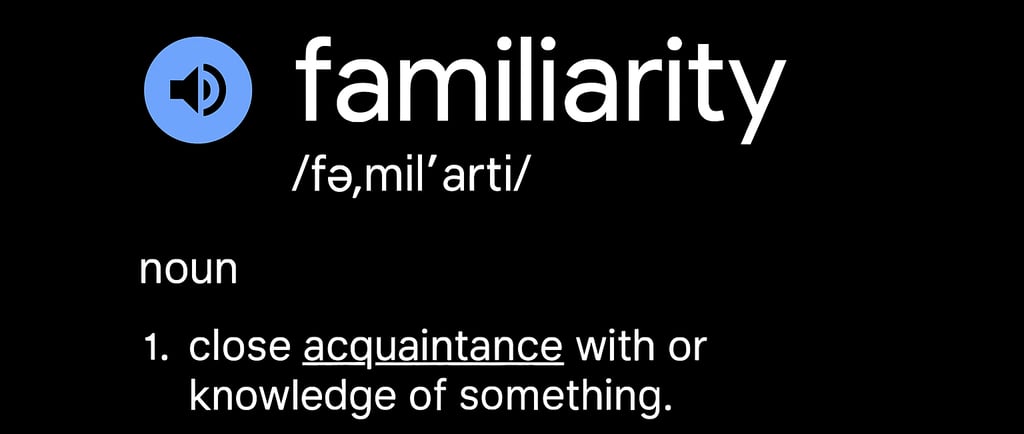Why Familiar Feels Safe (and Isn’t)
This article explores why familiarity can create hidden security risks. It explains how normalcy bias and the gambler’s fallacy trick us into trusting what looks routine, and how attackers exploit that trust. Readers will learn why familiar does not mean safe and how a simple pause can prevent costly mistakes in governance, risk, and compliance practices.
CYBERSECURITY & PSYCHOLOGY
Joshua Clarke
9/1/20251 min read


Introduction
Happy new month. Fresh starts make us notice our routines, the ones that keep us steady and the ones that quietly put us at risk.
Last week, I almost clicked a link without thinking. Why? Because it looked just like one I had seen many times before. My brain said, “This is normal.” It turned out to be harmless, but it reminded me of a simple truth: in security, familiarity itself can be dangerous.
The Comfort of Routine
Our brains are designed to love patterns. If something worked yesterday, we file it away as safe today.
That invoice link? Normal.
That login screen? Normal.
That vendor request? Normal.
Over time, these repeated experiences begin to feel invisible. Routine becomes the baseline for trust.
The Trap of “It Worked Last Time”
Here is where psychology sneaks in. Two cognitive biases reinforce each other:
Normalcy bias: the belief that today will unfold just like yesterday.
The gambler’s fallacy: the belief that past outcomes change the odds of the next one.
Together, they convince us that repeated actions are automatically safe. Attackers know this. They exploit our trust in the familiar by hiding threats inside what looks routine. That is why phishing emails copy standard formats, why fake login screens look pixel-perfect, and why social engineering often begins with a request that feels ordinary.
The Reality Check
Familiar does not mean safe. Comfort is not evidence. In fact, that sense of comfort is a signal to pause.
When something feels routine, take an extra moment to verify. Hover over the link. Double-check the sender. Confirm the request. That single pause can be the difference between another ordinary workday and a costly incident.
Key Takeaway
Familiarity lowers defenses. Attackers count on it. The next time your brain says, “This is normal,” remember: normal is not proof. Slow down, check again, and protect yourself before routine turns into risk.
Insights
Where governance, risk, and compliance meet human behavior.
Connect
JOIN TheGRCJOURNAL NEWSLETTER
© 2025. All rights reserved.
